PRESS RELEASE
27/04/2023
Gen Z can benefit from health and data literacy taught together, Insight study finds
Module linking data and wellbeing in DCU approved by 98 per cent of respondents
INSIGHT SFI CENTRE FOR DATA ANALYTICS, DUBLIN: A study published in Health Education and Behaviour has found that linking data literacy and health literacy training has measurable benefits for Gen Z digital natives.
Almost all (98 per cent) of respondents who took part in the FLOURISH programme at Dublin City University – designed to improve sleep patterns, stress levels and understanding of individual data footprints – said they would recommend the module to other students.
The programme allowed participants to analyse personal data gathered by their own devices to better understand their own health behaviours and to make modifications to improve wellbeing. In the process they learned about the data trail they leave and how to turn it to personal advantage.
Lead researcher on the project, Professor Alan Smeaton of the Insight SFI Research Centre for Data Analytics, said: ‘Using students’ own personal data as part of improving their own wellness would seem to be a natural fit given that most university students are already data and information literate. In this work, we have shown how the interplay between health literacy and data literacy can be used and taught together. This makes each literacy more appealing to the digital natives of Generation Z who make up the majority of our student population.
‘Data literacy is an important student skill set and is the ability to read, understand, create, and communicate with others using data. It encompasses an understanding of the fundamental concepts of data and statistical processing, and increasingly it includes an awareness of our own personal digital footprints.’
The participants in the study were part of an accredited, online, extra-curricular course delivering practical tips in the areas that impact students’ everyday wellness including sleep, nutrition, work habits, procrastination, relationships with others, physical activity, positive psychology, critical thinking and more. Students gathered personal data related to the topic and submitted an analysis of their data for assessment. When asked whether they would recommend that a student in the following year should take the FLOURISH module, 98% of respondents replied yes.
Stress and mental illness are increasing issues for young people: In 2019, the Union of Students in Ireland published a National Report on Student Mental Health in Third-Level Education in Ireland which included a survey of more than 3,300 students, and it found that one-third of students have clinically relevant levels of stress, anxiety, and depression. Although they are not explicitly called out as Generation Z in the literature, the majority of this current cohort of students are digital natives having grown up with the internet, social media, and the use of digital technologies.
‘The implications for public health research and practice are that two student literacies, health and digital, are not independent and for our students, they can be taught together,’ Professor Smeaton said.
Read the full study in Health Education and Behaviour https://journals.sagepub.com/doi/epub/10.1177/10901981231163609
For further information contact Louise Holden FH Media Consulting Ltd
louise@fhmediaconsulting.com
00 353 87 2423985
NOTES FOR EDITORS
The Insight SFI Research Centre for Data Analytics
The Insight SFI Research Centre for Data Analytics is one of Europe’s largest data analytics research organisations, with over 450 researchers, more than 80 industry partners and €150+ million in funding. Its research spans Fundamentals of Data Science, Sensing and Actuation, Scaling Algorithms, Model Building, Multi-Modal Analysis, Data Engineering and Governance, Decision Making, and Trustworthy AI.
Insight is made up of four host institutions at DCU, University of Galway, UCC and UCD. Insight’s partner sites are Maynooth University, Tyndall, TCD and UL.

